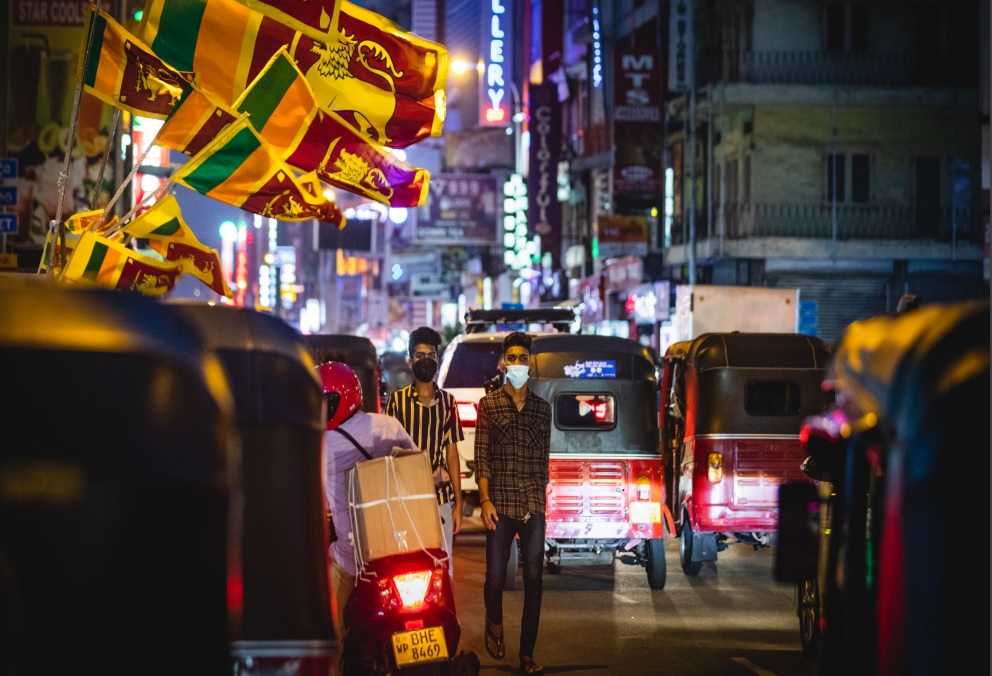World Bank: one in two people in rural Sri Lanka live below the poverty line
Sri Lanka’s poverty doubled as a result of its ongoing economic crisis. In its latest country update, the international financial body calls for structural reforms; in the meantime, the cost of basic items continues to rise.
Colombo (AsiaNews) – Sri Lanka has lost half a million jobs in industry and services. With the rising cost of living, this has doubled the national poverty level to 25 per cent, this according to the World Bank’s latest report titled, “Sri Lanka Development Update 2022”.
One of the consequences has been the growth in regional disparities. While poverty jumped to 15 per cent in urban areas, it skyrocketed to 52 per cent in rural areas.
Several factors in the past five years explain this development, most notably a restrictive trade regime, a poor investment climate, and a careless monetary policy, not to mention the COVID-19 pandemic.
After its credit rating was downgraded, Sri Lanka lost access to international financial markets in 2020. As a result, its official reserves fell from US$ 7.6 billion in 2019 to less than US$ 500 million in December 2022.
Against this background, the World Bank has insisted on debt restructuring and growth-enhancing structural reforms, but these must be accompanied by measures to combat poverty.
For Faris Hadad-Zervos, World Bank Country Director for Maldives, Nepal and Sri Lanka, “The current crisis is not a temporary liquidity shock that can be resolved by external financing support from outside. Instead, the crisis provides a unique opportunity to implement deep and permanent structural reforms that may be difficult in normal circumstances. Sri Lanka can use this opportunity to build a strong and resilient economy.”
In the meantime, the situation in rural areas is likely to get worse, especially for people living on plantation estates.
“Wheat flour used to make roti,[*] which they (plantation workers) eat the most, has gone up by another 10 rupees,” said Anthony Jesudasan, director of the organisation Voice of Plantation People, speaking to AsiaNews.
“The price of sugar also increased by 25 rupees. Many plantation workers, who quenched their hunger only by eating a roti and drinking a cup of tea, continue to suffer from malnutrition and will suffer from poverty more,” he added.
[*] Roti (also know as chapati) is a round flatbread typical of South Asia.
16/06/2010
21/08/2008







.png)










